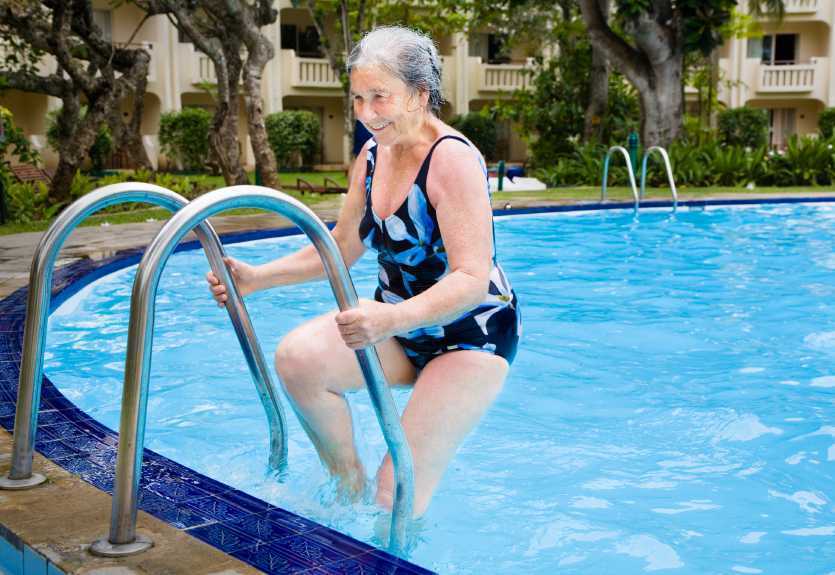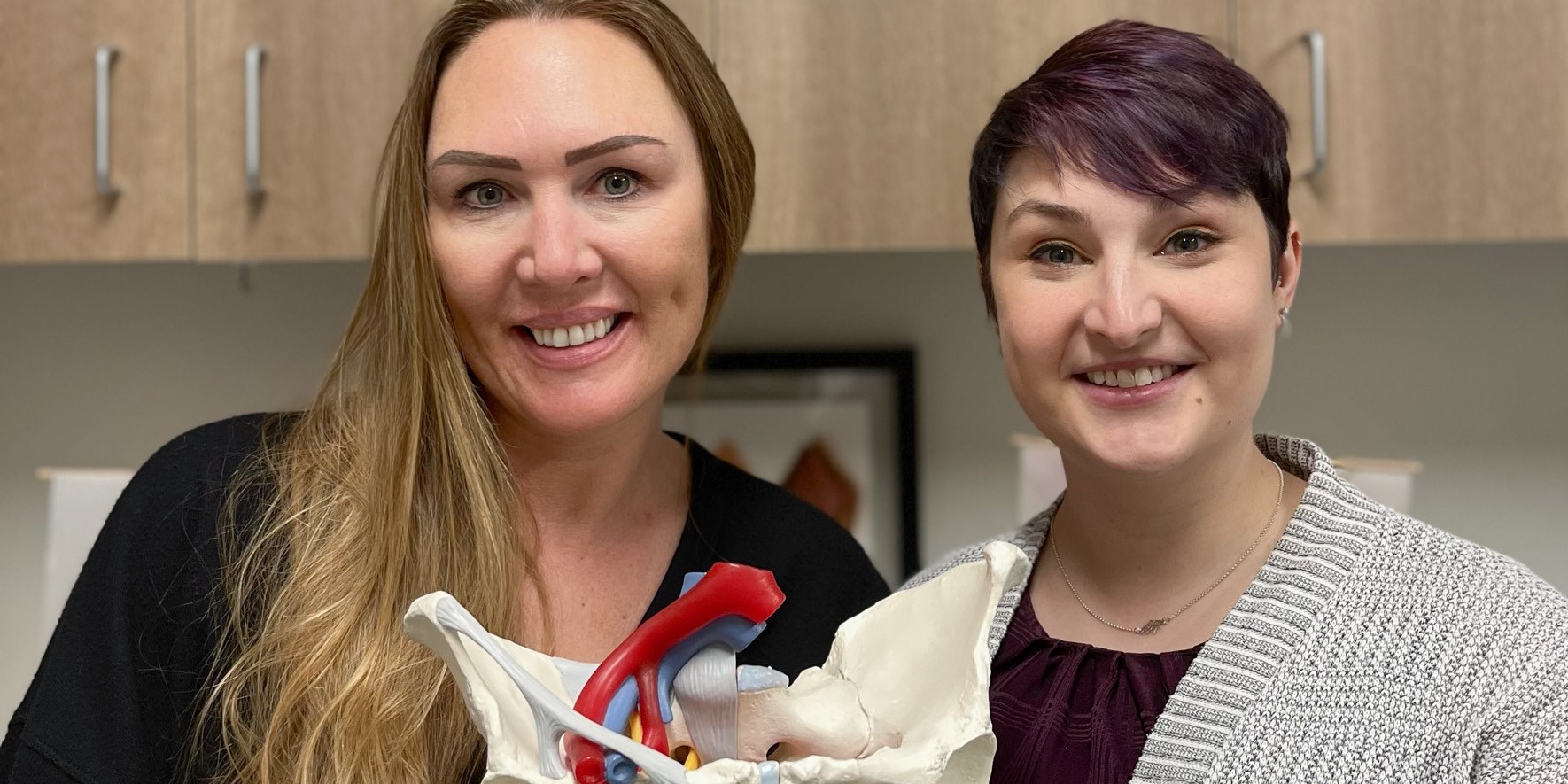Is Unsupervised Exercise Safe Following Breast Cancer?

Women who are diagnosed with and treated for breast cancer commonly suffer from decreased function and fitness, and may be at risk for increased rates of functional decline than women not treated for cancer. This topic is highlighted in a paper published earlier this year in the International Journal of Physical Medicine & Rehabilitation. The authors of this article acknowledge that exercise during and following treatment for breast cancer has significant positive health effects including physical and psychosocial benefits. Cardiorespiratory and resistance training are often recommended to patients as modes of exercise that a breast cancer survivor should participate in, yet the authors raise the question about safety of the recommended exercise programs.
A literature review was completed and in this study 73 studies were included. The studies described exercise programs for patients with breast cancer during treatment and following treatment. The exercise programs within the studies varied widely, with aerobic exercise being prescribed from 10-60 minutes/session, 20-300 minutes/week, at light to vigorous intensity, and with a frequency of 1-7 days/week. The resistance-based exercises, although based on standard exercise principles, also varied dramatically in instructed parameters, according to the authors.
Other key information the authors report from the literature review is that many of the research studies were not representative of the typical patient diagnosed with breast cancer. In fact, as is described in this open-access article, women in the studies were usually younger, had less advanced disease, and in general were more well than the typical patient. For example, listed exclusion criteria in many of the studies included cardiovascular disease, diabetes, COPD, and stroke- some of the most common conditions that a woman with breast cancer also reports.
The take-home point of the article is that because many of the subjects in the exercise studies were not representative of the typical patient with breast cancer, the exercise recommendations may not be appropriate for generalization to most patients during or following treatment for breast cancer. The authors recommend future research considerations that include finding out why women choose to participate in exercise trials or choose to exercise on their own. With so many women simply being given general exercise instructions, the issue of supervised versus unsupervised exercise training, especially for women with more advanced illness should be considered.
If you would like to add more knowledge and skills to your toolbox for treating women diagnosed with breast cancer, you can join faculty member Susannah Haarmann's course Rehabilitation for the Breast Cancer Patient. In 2015 this course is currently scheduled in February in Arizona and in June in Illinois. We hope that you can join us for this specialty course!
By accepting you will be accessing a service provided by a third-party external to https://hermanwallace.com/






































